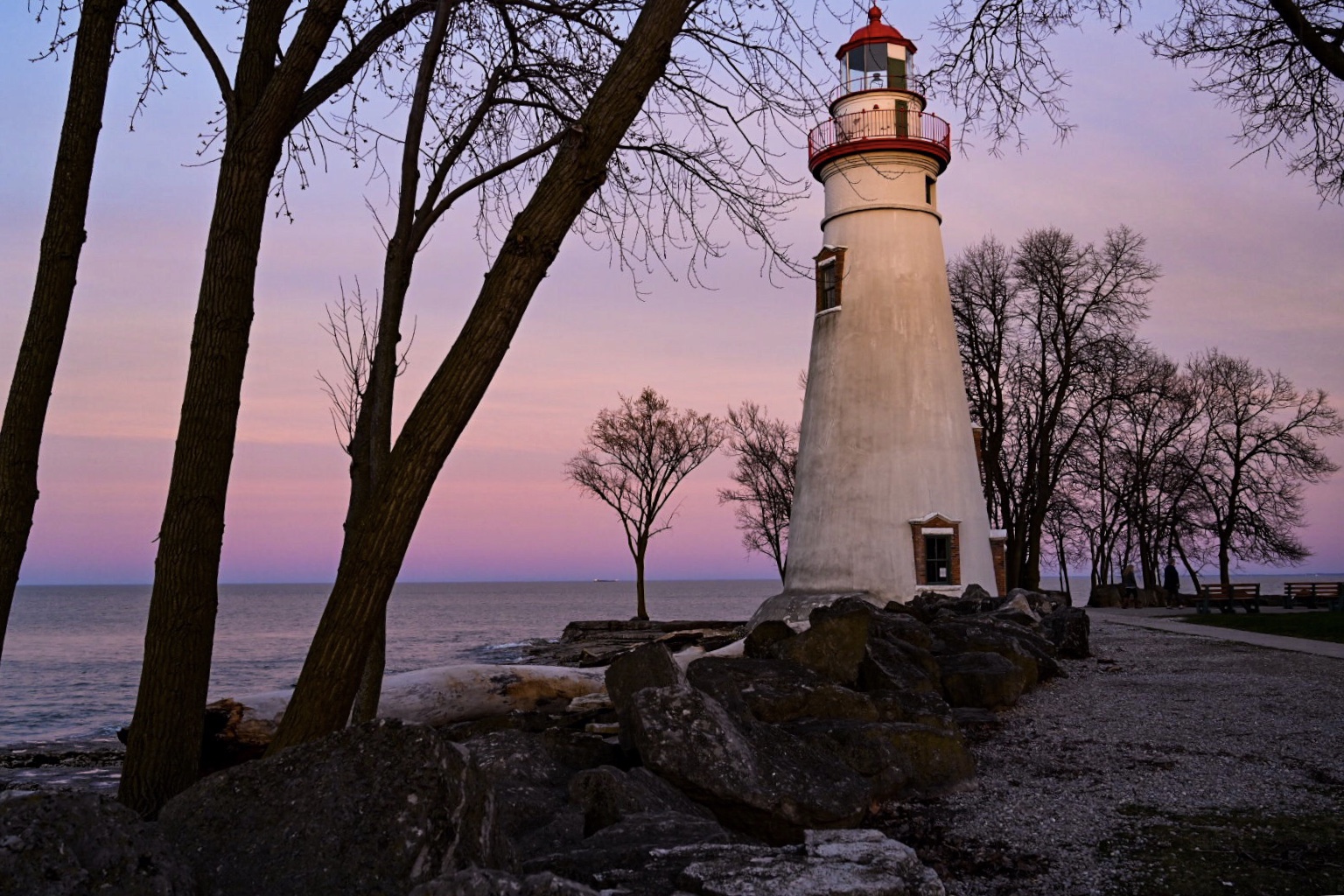I have been missing from my blog lately. To be honest, I’ve been missing from my life. Somewhere between there and here I slipped through the cracks into a depression that has left me roiled in a quagmire of ugliness and brutality that’s difficult to escape. I haven’t written because I didn’t feel like I had a lot to say. Or rather, I didn’t feel I had a lot worth reading. And to truly understand my mind, I need to be open about it because this goes deeper than my aneurysm and mental health is so important.

I swear I’m not going to take you back through an endless stream of childhood memories, but, I will say that I was born into a loud, busy, very large family, and yet I felt alone from the very beginning. I never fit anywhere…like I was the puzzle piece that was put in the wrong box and somehow got past quality control. It’s an emptiness that is easy to ignore…until you hit the bottom of depression and you realize there is soul crushing loneliness engulfing you at every turn. And lately, that’s where I live.
I didn’t notice the changes at first…the slowness to get out of bed in the morning. At first I’d stay in bed an hour after I woke up…then two…then three. Then it got to the point that I was crawling back in bed after lunch and blaming it on my headaches or saying that the cat wanted “to cuddle.” I mean, the cat DID cuddle with me, but it’s not like he asked me to get into bed. Then I was canceling plans with friends. I was turning down invitations to go places. I wasn’t eating healthy food. Projects would get started and left unfinished on the floor. Eventually, it got to the point where I was forgetting to take my daily medications. I was randomly crying at everything and then crying harder because I was mad that I was crying. My antidepressants clearly weren’t working.

I had read some stories about other aneurysm survivors…one who died several years later and one who found more aneurysms a few months afterwards and I started having PTSD symptoms again. I’m absolutely terrified that there is another ticking time bomb in my brain and I won’t survive the second time. As much as I complain about how miserable it has been since my rupture with these daily migraines, I don’t want to die either. What I still struggle with, is wanting my life back. I feel guilty about not being able to work…losing my executive salary and now collecting a pittance that is social security and not able to contribute to the household. I feel guilty that the weight of all of this falls on my husband, who is stressed and worries, but tries to hide it. I feel that burden and I am to blame…that because my brain decided to blow up, life became increasingly harder. The weakness of my brain made his life harder.

On top of all of that, I feel guilty for surviving when so many other people don’t. What made ME the one to come out of this fire? Why am I the one worthy of that? I am no better than any of them, in fact, you could probably put a feather on the scale and judge us and so many would be deemed more worthy. Yet here I sit…instead of them. Breathing their air. Filling their space. And feeling empty and worthless. The puzzle piece in the wrong box.
I went to my doctor and she told me it’s not that my anti-depressant isn’t working. It’s that I need to talk more. I need to open up. I need to realize that I am here for a reason and I am doing incredible things for the community and that people need me. Maybe I don’t hear it enough. Maybe I don’t believe it. But there is no magic pill that will take away the anxiety, the “lostness”, or the feeling of being invisible.

So why am I baring my soul and sharing these intimate details of my mental health? Recently, Stephen “tWitch” Boss took his life and like so many other stars before him, people were shocked because he was always smiling. I want to make one thing clear…that is absolutely NOT where my head is…at all, but we need to start having serious conversations about mental health and being able to be honest when we aren’t okay. Moreover, we need to start checking on our “strong” friends. Trust me when I tell you that they are not okay. The ones who are always smiling, always have it together, and are handling every crisis. They aren’t okay. My friends call me a “badass bitch”. They mean it as a compliment…and it is. I’m strong. I’m resilient. I’m a fighter. I will always get back up. But it also means no one ever asks me if I’m okay.
And right now, I’m not okay…but I will be.

** If you or someone you know is struggling or in crisis, help is available. Call or text 988 or chat 988lifeline.org You are not alone & you are loved. Please reach out **




